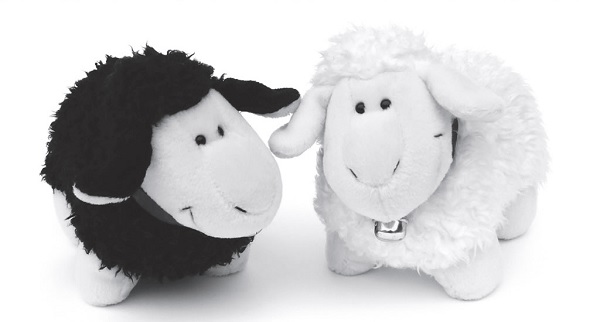My Friend
By Cec Murphey

“I need a friend,” Jimmy said on the phone. “My wife wants to leave me and. . .” He broke down crying.
He came to see me immediately, and talked for a long time. I made a few suggestions, but mostly I listened. “Thank you for being a friend,” he said.
Over the years people have asked me to become their friend. Or we’ve gotten to know each other and they refer to me as a friend.
I considered “Tim” a good friend, and at one time, even my best friend. We talked on the phone regularly, usually had weekly lunches. We discussed significant things in our lives and shared our hurts and joys. Or at least I assumed we did.
One day I realized that didn’t describe our relationship. I blurted out these words: “I’m more your friend than you are mine.” He laughed and said that wasn’t true.
But it was.
I had been at Tim’s side when he went through difficult times. I particularly remember when he thought he was going to lose his job. “It’s the only thing I know,” he said. That afternoon we talked for perhaps four hours. That was the most dramatic, but not the only occasion.
Then I called Tim because I had a problem. He wasn’t indifferent, but neither did he seem to invest himself in my situation. The next time we talked, he didn’t ask about the issue or act as if he remembered my call. That’s when I understood something. If anyone asked, Tim would still call me a friend, a good friend.
And I was.
I was his friend; he wasn’t mine. I don’t write that to complain. At first it hurt, but I realized Tim owed me nothing. I had given myself to him. That was an important insight for me. My role was to be available to others in need, and to accept them. They didn’t have to reciprocate.
Here’s the insight I received: Everyone wants a friend; not everyone knows how to be a friend.


 Cec Murphey is a bestselling author and writer from Atlanta, Georgia. He will be a regular columnist in KRC, offering his insights on life. For more information on Cec and his accomplishments you may visit his website at www. themanbehindthewords.com.
Cec Murphey is a bestselling author and writer from Atlanta, Georgia. He will be a regular columnist in KRC, offering his insights on life. For more information on Cec and his accomplishments you may visit his website at www. themanbehindthewords.com.